
Ever dreamed of conquering the world as a kid? Well, neither did I, but life works in mysterious ways sometimes. Our first console release, Eiyuu Senki — The World Conquest, invades PS3 on November 24th. As long-time SRPG fans, this is a dream come true for our team. During the nearly two years we have put into localizing the game for English-speaking audiences, we’ve paid special attention to transferring the game’s original charm into English.
Our starting point was the same as it always is: that we’re keeping the original Japanese audio in the game. Eiyuu Senki has more than 40 famous voice actresses who pull off stellar roles, so replacing them was hardly an option.
Fans of Japanese games and anime would be hard pressed to not find familiar voices in the game, and many of them have appeared in 5pb.’s other games as well. To name just one example, Minamoto no Yoshitsune is voiced by Imai Asami, who’s also Makise Kurisu in Steins;Gate and Chihaya Kisaragi in iDOLM@STER. Incidentally, she also performs the opening song “Infinite Melody” for Eiyuu Senki.
Keeping Japanese voices, which most players can’t follow by themselves, also presents some challenges in localization. As is often the case with RPGs, Eiyuu Senki has a lot of voiced character commentary that never appears in writing at all: battle dialogue, responses to player’s orders, and acknowledgements for game events. Sure you can garner the general meaning from tone alone, but I still feel that something is easily left behind in the transition.
When we discussed this during our internal testing, we found a solution that was both simple and challenging in several ways. We would have to create a way to add subtitles for all the character commentary into the game, despite its sheer volume and the fact that there was neither a system in place to display it, nor even proper text data for the voices to translate from. We had received the original recording data for the voices, but its structure was such that it could only be used as a reference rather than translated from.
When we started building a prototype system to display the voices, we already knew it’s going to be a long operation, and without any guarantee we can create a solution good enough to keep. That was early this spring, and we had originally scheduled to release Eiyuu Senki in summer 2015, so you can imagine that the decision wasn’t easy. But we’re firm believers in the saying “whatever is worth doing at all is worth doing well.”
There’s not much to say about the actual process, except that it did take a few extra months as expected. But most importantly, the end result was a completely natural looking way to show the character comments in the game. I daresay that those who don’t know that it’s a later addition won’t realize it wasn’t always there. And in the end, the less feedback we get about the new feature, the better — if no one pays conscious attention to it, that’s the best feedback possible.
It’s been a long road for us, but now the wait is finally about to end. As a parting comment, I’d like to mention that Eiyuu Senki — The World Conquest hasn’t been censored in any way over the original Japanese PS3 version.
We hope everyone will enjoy conquering the world together with their favorite cute world leaders!



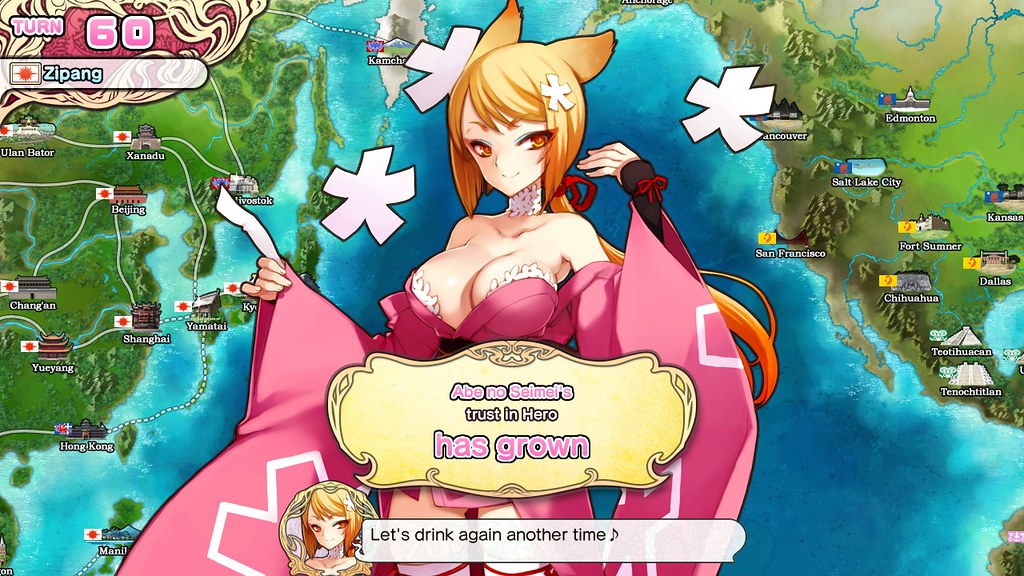
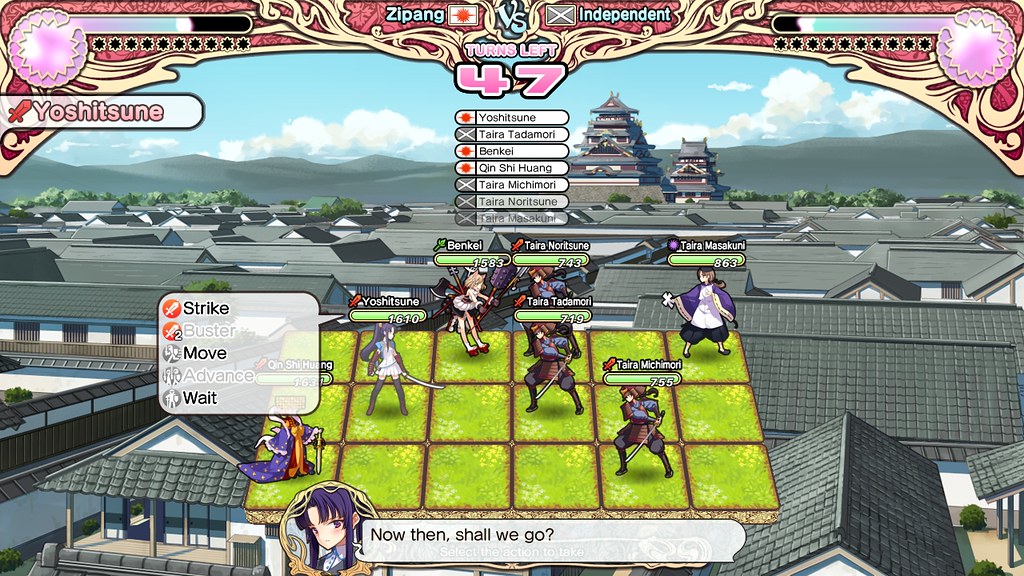
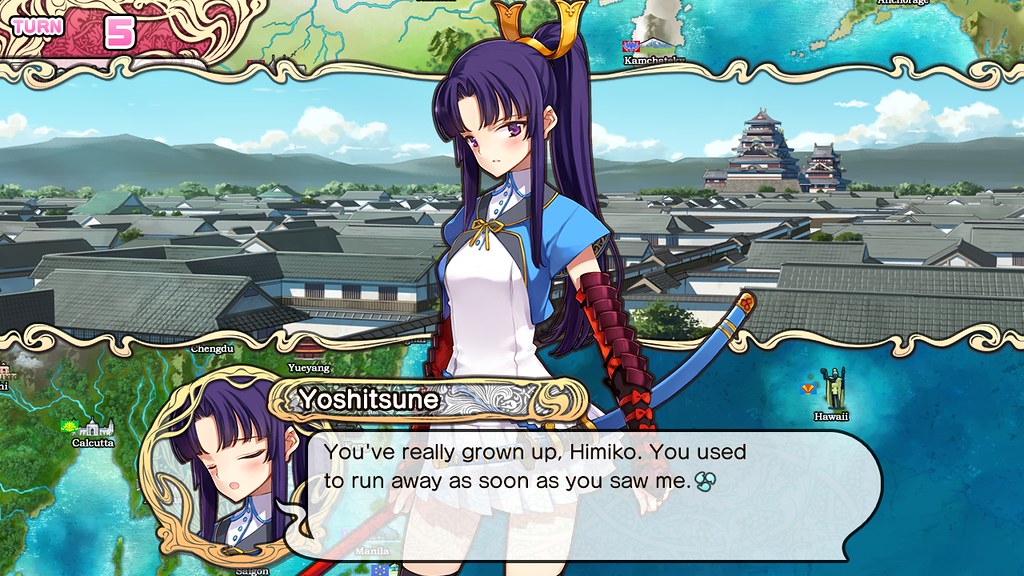
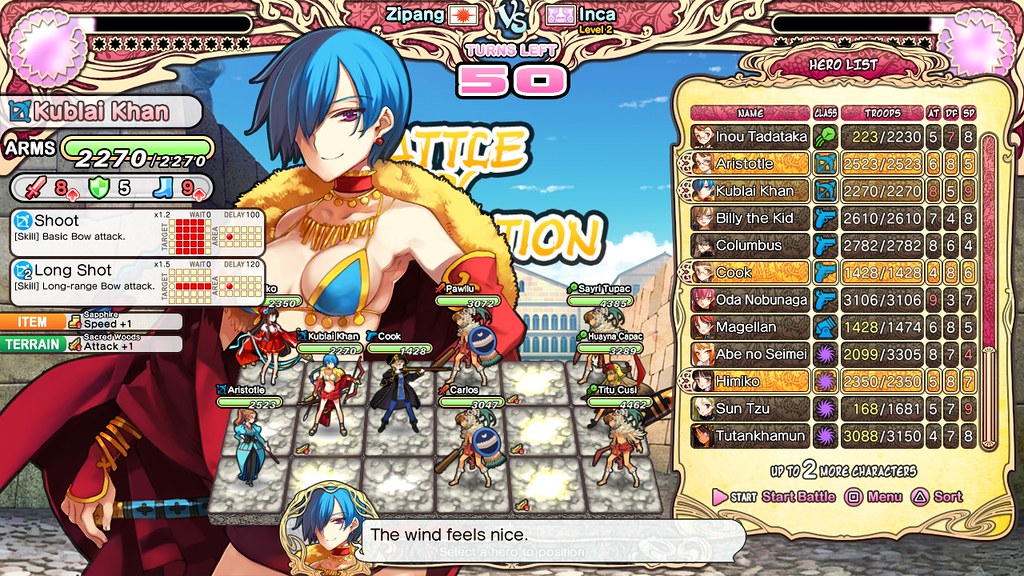
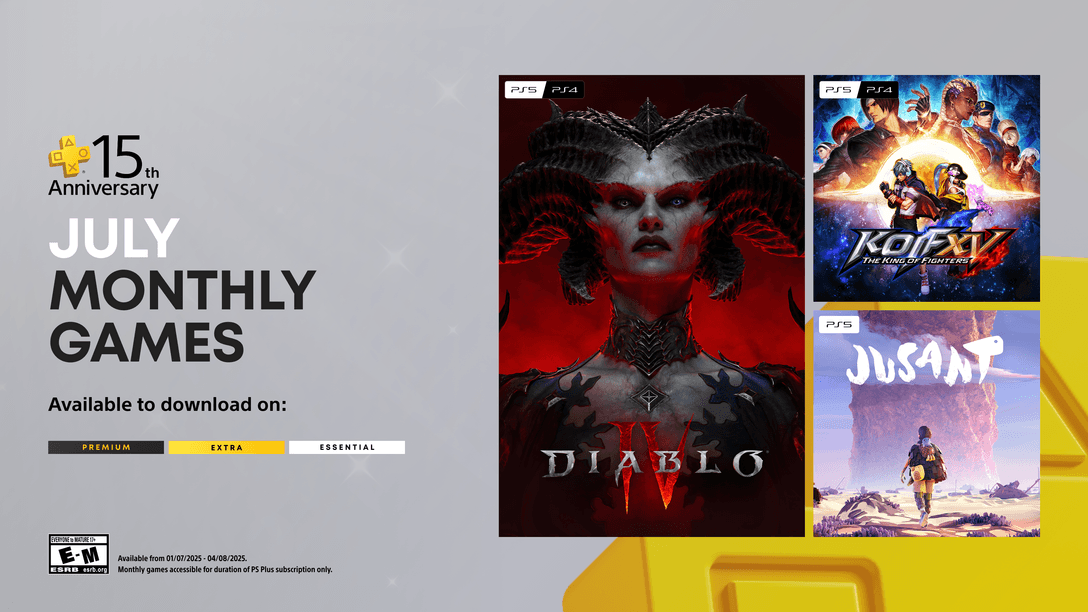


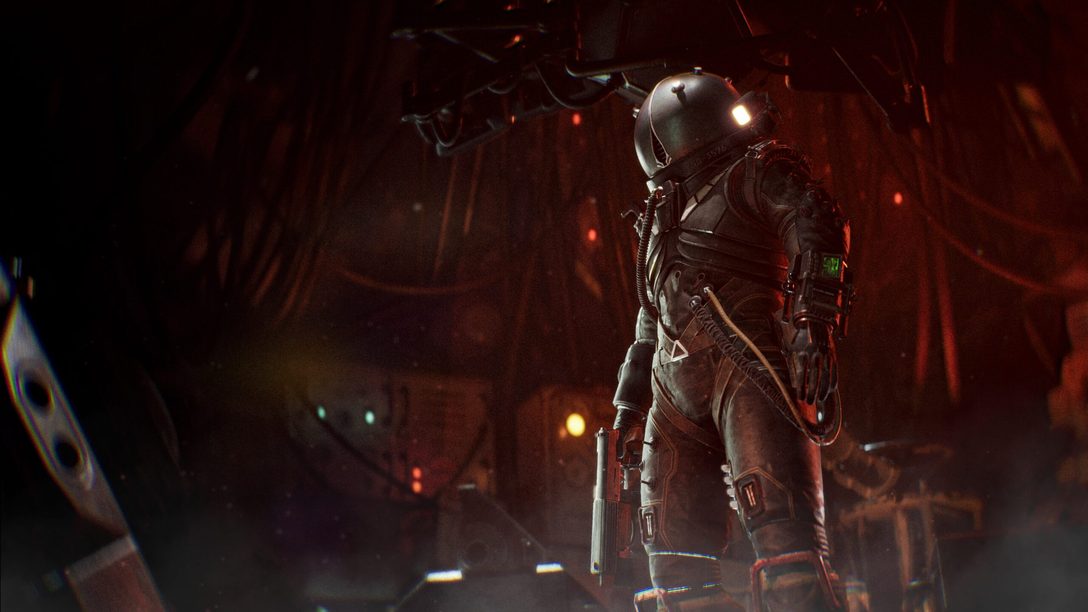




Comments are closed.
59 Comments
Loading More Comments